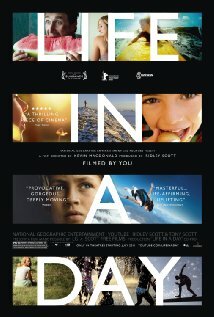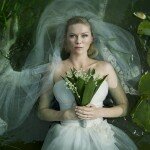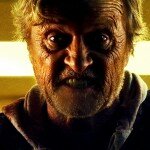An almost full Salle du Soixantieme anxiously waited for the director and star’s arrival ahead of Le Sauvage, many of whom were young Cannes Cinephiles who applied for special access. They weren’t disappointed. Jean-Paul Rappeneau entered ahead of Cinematheque Francaise director/renowned filmmaker Costa-Gavras before the cheers were raised a notch as Catherine Deneuve walked through the door.
Cameras flashing from every angle, it was her that everyone wanted to see. She was gracious in her entrance and speech before the film’s commencement, where the group spoke briefly about the film’s digital restoration. Rappeneau supervised the work himself to ensure Studio Canal and Cinematheque Francaise did it right and it’s paid off – even without a previous viewing you can see clearer images than what’s usual for the mid-70s, while the sound was sharp throughout after being remixed from mono into Dolby stereo. Rappeneau said it suited the style of film:
“A black-and-white film from the ’30s in stereo would be grotesque, but for an adventure film like this one it’s necessary.”
It’s not just the technics that hold up – the film itself is entertaining while it manages to remain perfectly suited to its time. The idea of running from your fiancee to a remote island with a complete stranger whose life is turned upside down is pure escapism, and Rappeneau got the best chemistry out of Deneuve and the late Yves Montrand, with their banter entertaining and witty. There’s a bit of adventure, romance, and more than the odd wild goose chase, but in 2011 its proved itself as a worthy Cannes Classic, with festival ties through its cast and crew since and a warm reception from the appreciative audience.
For more of Katina’s coverage of the Cannes film festival, click here.
 Follow the author Katina Vangopoulos on Twitter.
Follow the author Katina Vangopoulos on Twitter.


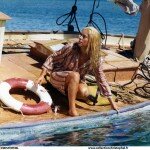


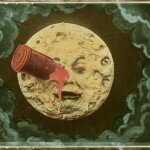

![Egyptian revolution hits Cannes with 18 DAYS [TAMANTASHAR YOM] Egyptian revolution hits Cannes with 18 DAYS [TAMANTASHAR YOM]](/wp-content/uploads/18_days-840234165-large1-e1305960574972-150x150.jpg)




